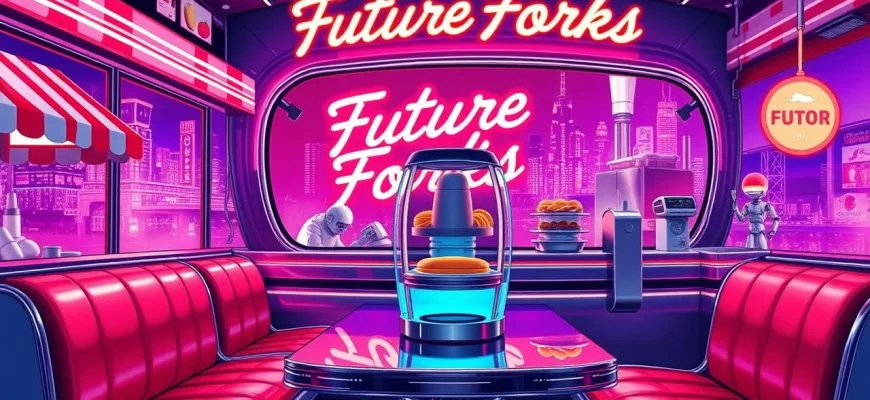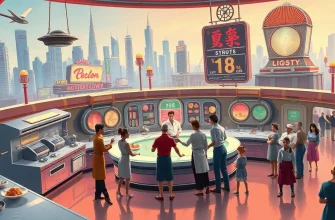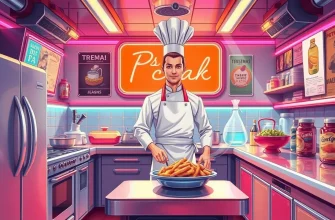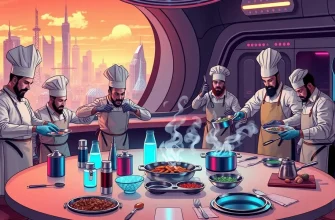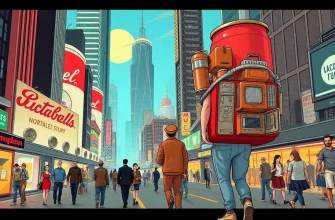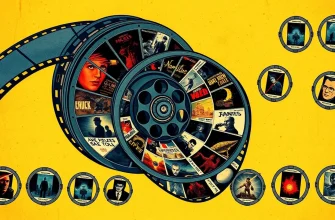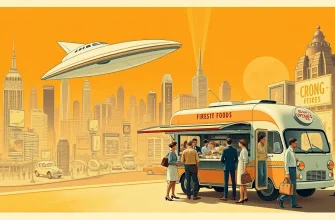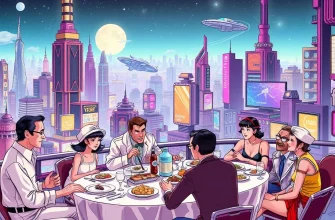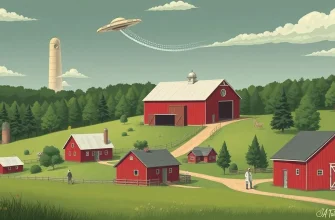Imagine a world where meals are not just a necessity but a spectacle of technology and innovation. This curated list of 10 sci-fi films delves into the fascinating realm of futuristic food, where culinary creations are as much about the experience as they are about sustenance. From nutrient pills to 3D-printed delicacies, these films offer a glimpse into how our dining habits might evolve. Whether you're a foodie with a penchant for the extraordinary or a sci-fi enthusiast, this collection promises to tantalize your taste buds and spark your imagination about the future of gastronomy.
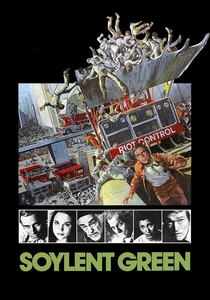
Soylent Green (1973)
Description: In a dystopian future, overpopulation has led to food shortages, and the masses survive on a mysterious food source called Soylent Green. This film explores the dark side of food production and the moral implications of what we consume.
Fact: The film's title is a play on the word "soylent," which is a portmanteau of "soy" and "lentils," and "green" refers to the color of the food product.
 Watch Now
Watch Now

The Matrix (1999)
Description: While not primarily about food, the film introduces the concept of humans being used as an energy source, fed through tubes with a nutrient-rich liquid. It raises questions about the nature of reality and the food we consume.
Fact: The idea of humans being used as batteries was inspired by the concept of "battery farming" in agriculture.
 Watch Now
Watch Now

The Island (2005)
Description: Clones are raised in a facility where they are told they will win a chance to go to "The Island," but in reality, they are being harvested for their organs and tissues, including for food production.
Fact: The film's concept was inspired by the 1979 film "Parts: The Clonus Horror."
 Watch Now
Watch Now
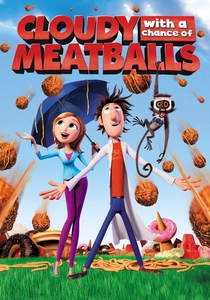
Cloudy with a Chance of Meatballs (2009)
Description: This animated film takes the concept of food from the sky to a whole new level, where a scientist invents a machine that turns water into food, leading to a food storm over the town.
Fact: The film was inspired by the children's book of the same name by Judi Barrett and Ron Barrett.
 Watch Now
Watch Now
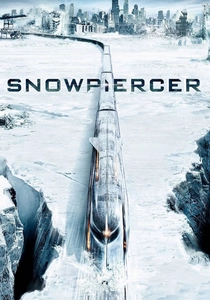
Snowpiercer (2013)
Description: In a frozen, post-apocalyptic world, the remnants of humanity live on a perpetually moving train where class divisions are stark, and food is a central element of control and power.
Fact: The film was based on the French graphic novel "Le Transperceneige" by Jacques Lob, Benjamin Legrand, and Jean-Marc Rochette.
 Watch Now
Watch Now

Brazil (1985)
Description: In this surreal dystopian comedy, food is often depicted as bland and mass-produced, reflecting the dehumanizing aspects of bureaucracy and consumerism.
Fact: The film's title is a reference to the 1930s song "Aquarela do Brasil," which plays during the opening credits.
 30 Days Free
30 Days Free
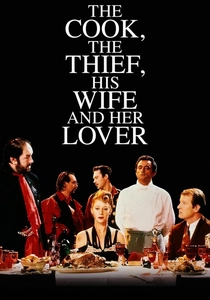
The Cook, the Thief, His Wife & Her Lover (1989)
Description: Although not strictly sci-fi, this film's opulent and grotesque portrayal of food in a dystopian setting makes it a unique entry. It explores themes of power, decadence, and revenge through the lens of culinary excess.
Fact: The film was banned in some countries due to its graphic content and themes.
 30 Days Free
30 Days Free
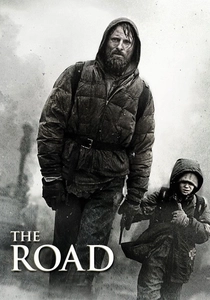
The Road (2009)
Description: While not explicitly sci-fi, this post-apocalyptic film shows a world where food is scarce, and survivors resort to extreme measures, including cannibalism, to survive.
Fact: The film is based on the Pulitzer Prize-winning novel by Cormac McCarthy.
 30 Days Free
30 Days Free
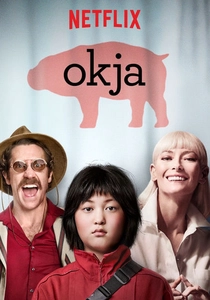
Okja (2017)
Description: A young girl embarks on a quest to save her genetically modified super-pig from a multinational corporation that wants to exploit it for food. This film delves into the ethics of food production and genetic engineering.
Fact: The film was produced by Plan B Entertainment, a company co-founded by Brad Pitt.
 30 Days Free
30 Days Free

WALL-E (2008)
Description: In a future where Earth is abandoned due to pollution, humans live on a spaceship where they consume liquid meals through straws, showcasing a future where food is entirely processed and devoid of traditional dining experiences.
Fact: The film's title is an acronym for Waste Allocation Load Lifter - Earth Class.
 30 Days Free
30 Days Free

